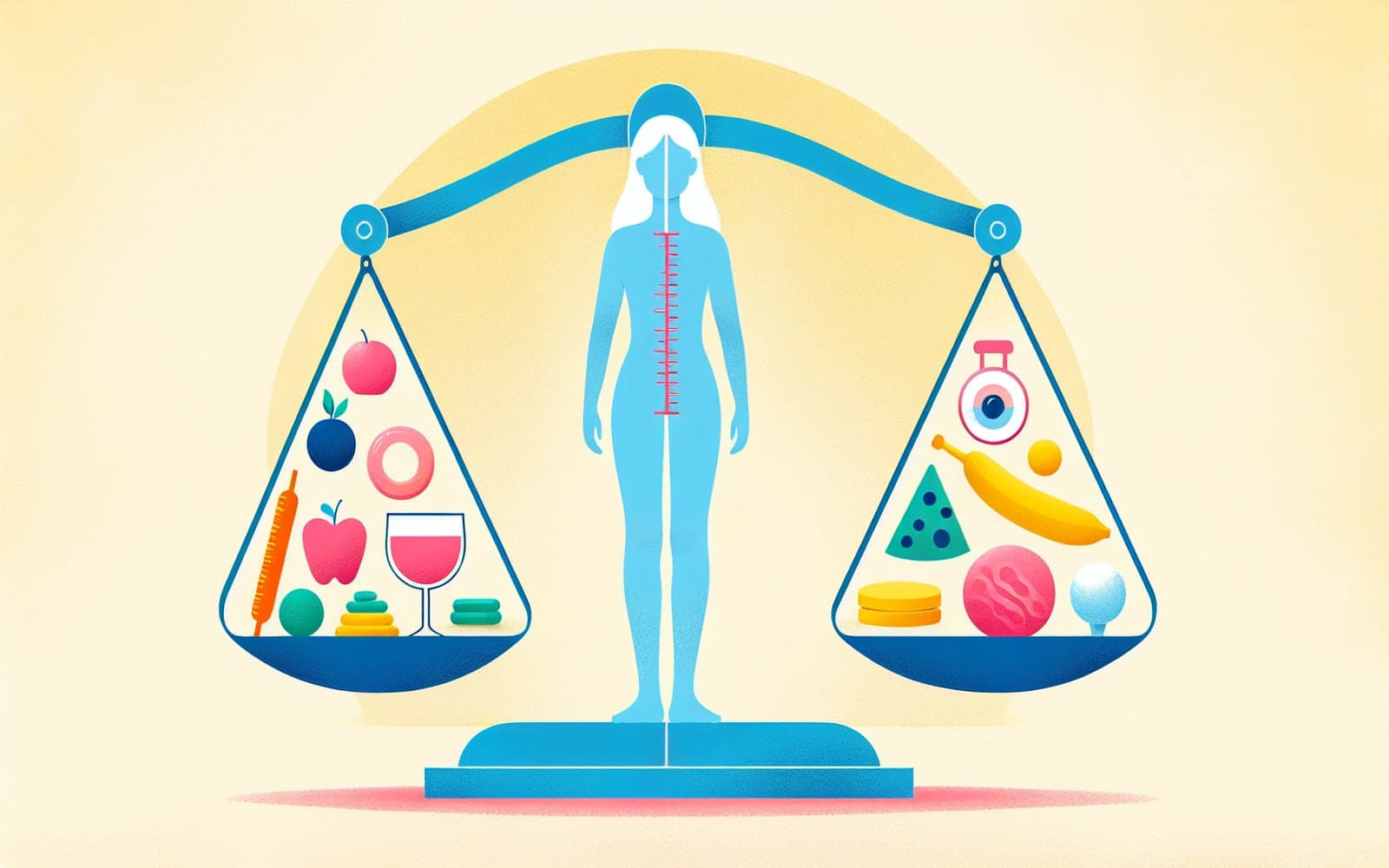The Hidden Dangers of Yo-Yo Dieting: Why Weight Maintenance Matters
Published: May 16, 2024
Losing weight is hard, but keeping it off can be even harder. Why is weight maintenance so challenging, and what happens when we fall into the trap of yo-yo dieting?
Contents
The Biology of Weight Regain
After weight loss, our bodies fight back. Hormones that control hunger and fullness change, making us feel hungrier and less satisfied after meals. Our metabolism slows down, burning fewer calories at rest. These adaptations can persist for months or even years after weight loss, making it easy to regain lost pounds.
The Dangers of Yo-Yo Dieting
Repeatedly losing and regaining weight, known as yo-yo dieting, can have negative health effects. It may increase the risk of heart disease, affect mental health, and make future weight loss more difficult. Each cycle of weight loss and regain can also lead to a higher proportion of body fat, especially around the abdomen, which is particularly harmful to health.

Strategies for Successful Weight Maintenance
Maintaining weight loss requires ongoing effort, but it's not impossible. Regular physical activity, continued healthy eating habits, and ongoing self-monitoring are key. Some studies suggest that higher protein diets may help with weight maintenance. Building a support system and developing coping strategies for stress and emotional eating are also crucial for long-term success.
Frequently Asked Questions
It can take months to years.
Yes, small fluctuations are common.
It may make weight management harder.
Both have risks; stable weight is ideal.
Key Takeaways
Successful weight management is about making sustainable lifestyle changes, not quick fixes or extreme diets.
Struggling with weight maintenance? Let Doctronic help you develop a personalized strategy for long-term success.Related Articles
References
Sumithran P, et al. Long-term persistence of hormonal adaptations to weight loss. N Engl J Med 2011; 365:1597.
Wing RR, Phelan S. Long-term weight loss maintenance. Am J Clin Nutr 2005; 82:222S.
Always discuss health information with your healthcare provider.

